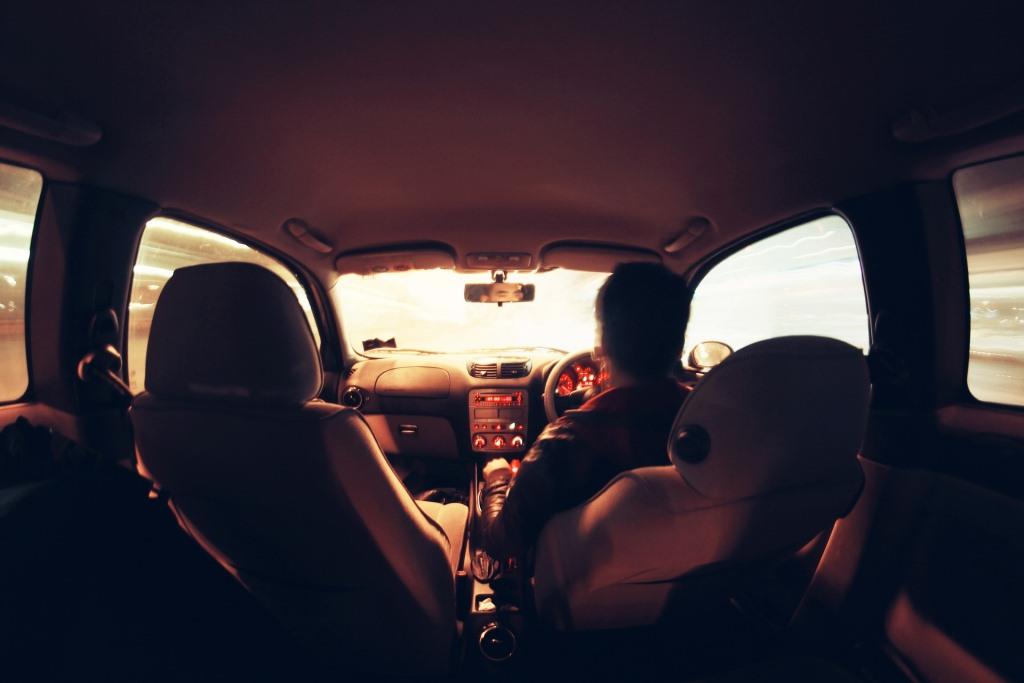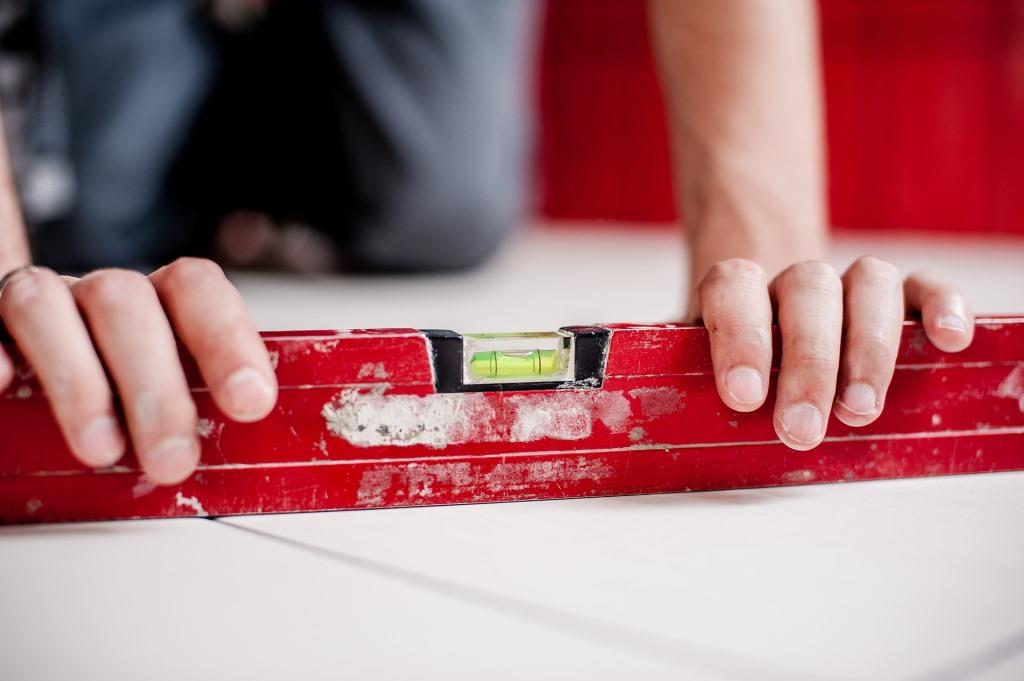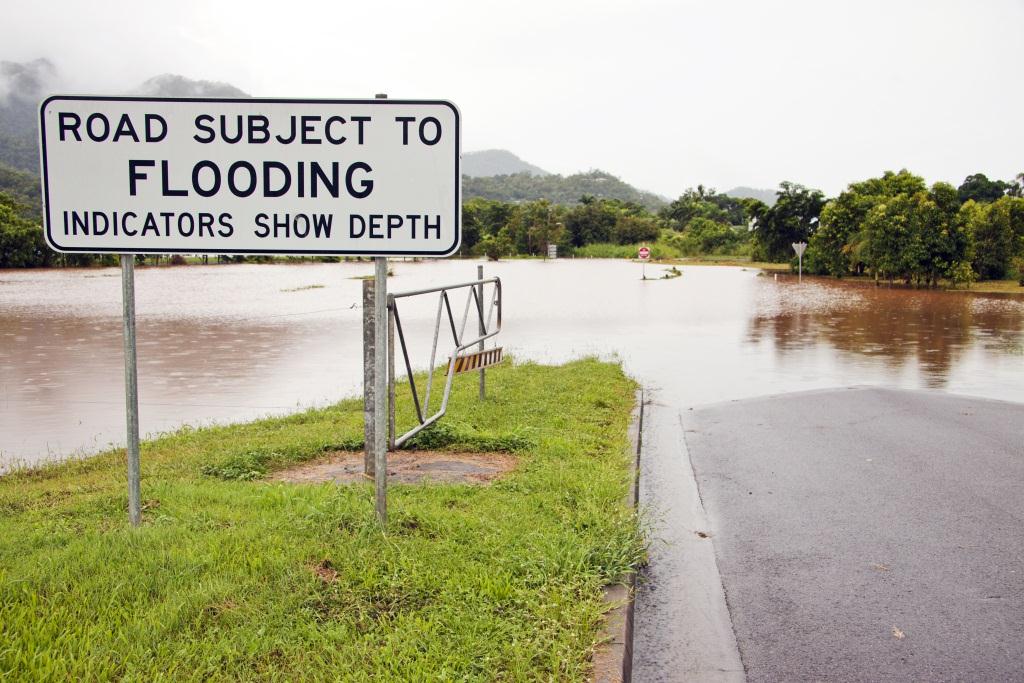As we’re sure you know, Easter is just around the corner. It’s a fun and chocolately time of year! It also supplies us with an extra-long weekend and lines up with school holidays, meaning a lot of us are hitting the highways or jumping on a plane.
We’re sure it promises to be a great time away!
While planning all the fun you’re going to have, we think it’s important to also take some time to plan and prepare for your trip (especially if you’re driving long distances), to help ensure you have a safe and happy holiday. So, we’ve put together this holiday safety guide to help you on your way!
Depending on what you have planned, there might be some specific things to consider when planning, booking or while away on your holiday. We figured holiday planning is stressful enough, so we’ve collected some great tips and advice for a safe and happy holiday, for a range of holiday plans!
Hitting the Highway? Stop here first.
It’s likely that you would have heard many, if not all, of these tips before – but it doesn’t make them any less true or important. If you’re hitting the road for a decent period of time it’s important to consider all these tips (and others you may have come across), to be sure that you travel safely and enjoy your time on the road!
- Make sure your vehicle is ready for the journey
Make sure you check your tyres, oil and other fluids, and make sure your car is up to date on its services. Breaking down isn’t just annoying, it can be dangerous depending on where it happens and how far away help is, not to mention the innate dangers that come with standing on the side of a highway.
- Plan out your trip
It’s important to plan out your trip, including rest stops, sightseeing and fuel. Rest stops are important for everyone – they can help keep passengers and kids happier, and allow the driver a chance to relax, or ideally an opportunity for drivers to switch over. General advice is to stop every 2 hours for at least 15 minutes. If you’re on a longer trip you may also need to plan where you’re staying overnight or various sightseeing stops along the way.
Depending on where you’re travelling, it can be a fair distance between service stations, so you should know roughly where you will be filling up if you’re taking roads less travelled.
- Follow the road rules and be patient with other drivers
Probably one of the harder ones at times, as we all know some drivers on our roads can be rude and dangerous when it comes to how they operate on the road. Unfortunately, this can be part and parcel of using our roads, and as difficult as it can be at times it’s important to just let this slide, drop back and avoid these drivers or even pull over for a quick break – driving angry is never a good idea.
And as with every list of driving tips, we include following the road rules – don’t speed or drive under the influence and look up the road rules for any other states you might be travelling through.
Hopefully, these tips and your own good judgement will keep you and those you’re travelling with safe on our roads over the Easter period, but unfortunately accidents do happen. If the worst happens on our roads, you can chat to an expert lawyer at any point during the Easter period, or any time during the year – give us a call here or find out more about car accident claims here.
Boarding a Boat? Check these out before you pull up anchor.
Depending on your level of boating experience, these tips may be ones you’re familiar with or completely new to you – either way it’s worth familiarising yourself with these recommendations to ensure you approach any time out on the water safely.
- Make sure your vessel is ready for the trip
Just like heading out on a road trip, it’s important to make sure your boat is prepared and ready for the journey. This includes all your safety equipment, extra fuel, food and fresh water.
The equipment you will be required to carry on-board will depend on whether you’re heading out on enclosed or to open waters – check out the QLD regulations here.
- Be Weather Wise
This is probably the most important consideration before heading out on the water. You should always check forecasts and tides (find all the relevant QLD links and phone numbers here) before you head out, and keep a regular eye on these while you’re out – getting caught off-guard in bad weather can be deadly.
- Know your limitations and always put safety first
It’s important to know your limitations if you’re the skipper, don’t attempt anything (such as a bar crossing) that you’re unfamiliar with – especially with a boat-load of family and friends aboard.
If possible, try to avoid alcohol completely, as the sun and water can exacerbate its affects, but if you are planning to drink remember at least 1 licensed skipper must have a blood alcohol level of under 0.05 at all times. Carry lifejackets for everyone and ensure everyone wears one whenever you think there may be a heightened risk – they save lives and prevent unnecessary tragedy.
Hopefully these tips keep you safe and happy while out on the water. Should the worst happen you can speak to our expert team at any time (call us here) and you can find out more about boating accident claims here.
Flying Afar? Check-in here first.
The advice here is a little different, given you’re not in control of your mode of transport, but there are certainly still some important tips for safe and happy travel when you’re jumping on a plane. Many of these are ones you may have heard before, but they’re still as important as the first time you heard them!
- Be informed about your travel before you book your trip
Smart Traveller is something you should be checking before you plan out your next overseas adventure – it advises you of any safety concerns or issues that may affect your travel plans. You should check this for all areas you’re looking to travel to, and pay attention to any issues that may impact your travel insurance.
- Speaking of travel insurance, make sure you have yours sorted!
Travel insurance is something that we believe is important for every trip overseas, making sure that if worst happens; you aren’t left stranded in a foreign country or with a huge medical bill.
- Pay attention to your travel details and the requirements of every country
You should make sure you’re familiar with your itinerary, including flight times, gate numbers, and terminals (some large airports have multiple terminals and travel between these can be upwards of 20 minutes).
You should also be familiar with any visa requirements that the country you are travelling to may have, as well as any restrictions on what you can bring into the country (for example, codeine is illegal in Indonesia).
- Be prepared for your flight
You should practically prepare for your flight and time away, including having all your devices, chargers and adaptors, comfort items for travel, any medication you may need (that you have a letter from your doctor for if needed) and other things to keep you entertained and comfortable on the flight.
Depending on who you’re travelling with, you may want to bring along different items or prepare in different ways – below are a few options for different travellers:
- Travelling with children? Here’s a few tips;
- Travelling solo? These are some great tips;
- Long haul flight? Here’s 26 tips to help you survive;
- Lastly, here’s 50 more tips for a ‘perfect’ flight!
Hopefully you have a safe and happy flight, and enjoy your time away – whether it’s overseas or within Australia, however if the worst does happen you can find out more about accidents and injuries that occur on a plane here, and accidents and injuries that occur overseas here.
You can also reach our friendly team here.
Lastly, are you one of the hard working people staying behind and working through the Easter Holidays? If so, thank you! We know holidays wouldn’t be possible without any of you – thanks for keeping everything running, we hope you get some time off soon!
If you are heading away, we hope these tips help you with your planning and keep you and those with you safe and happy for this trip (and any others you may be planning!).
















